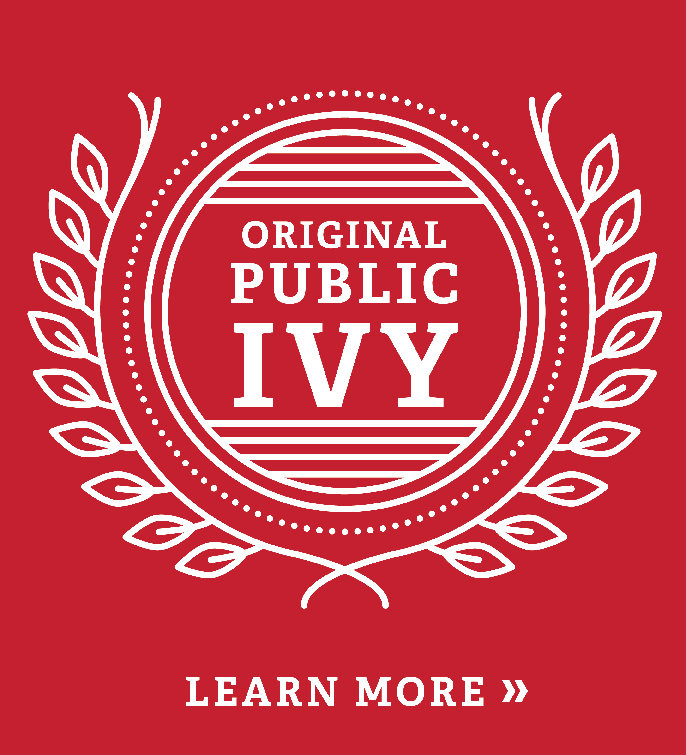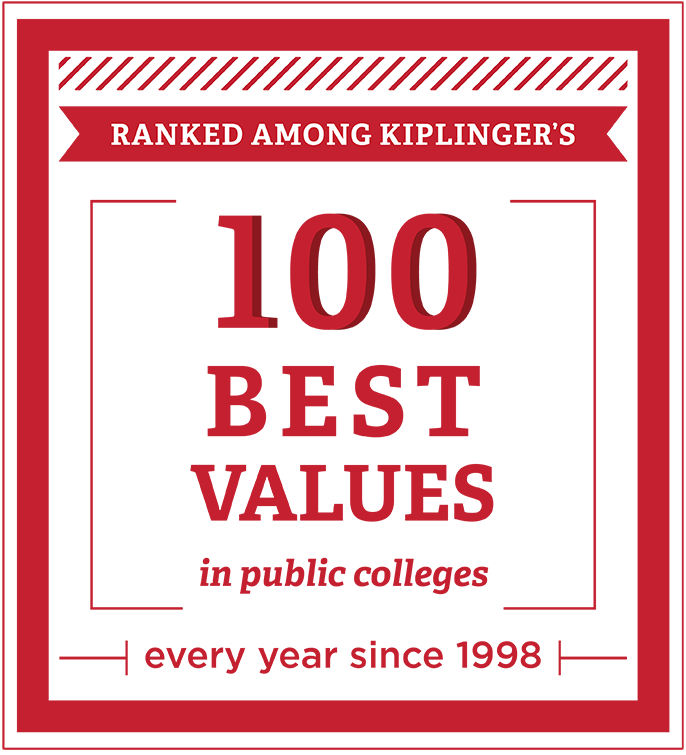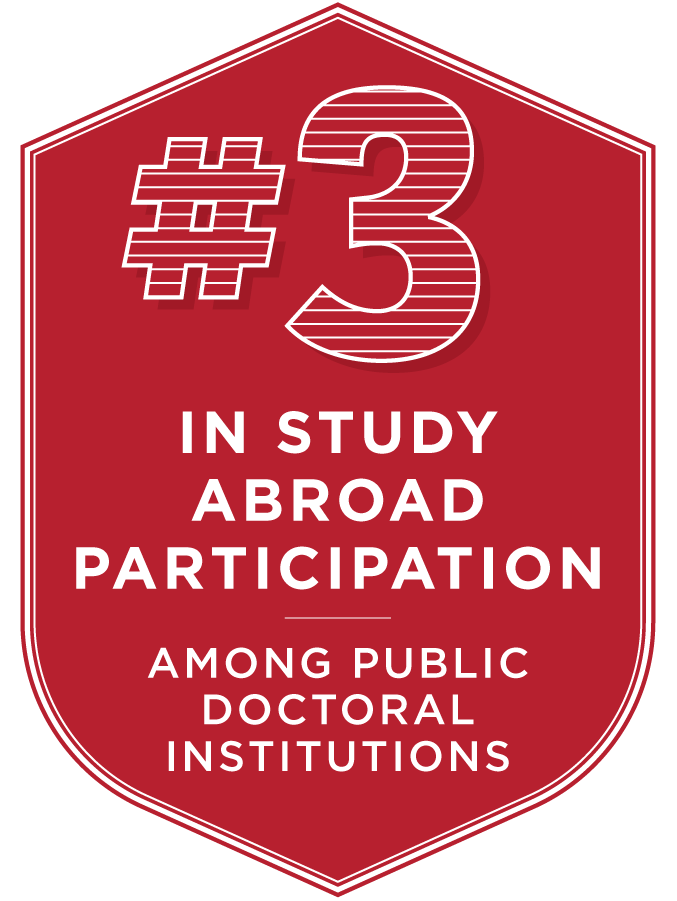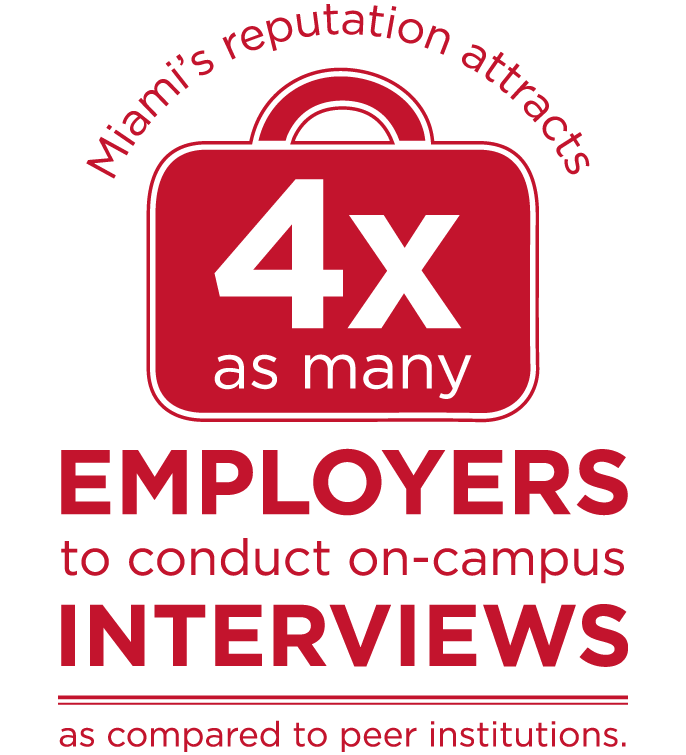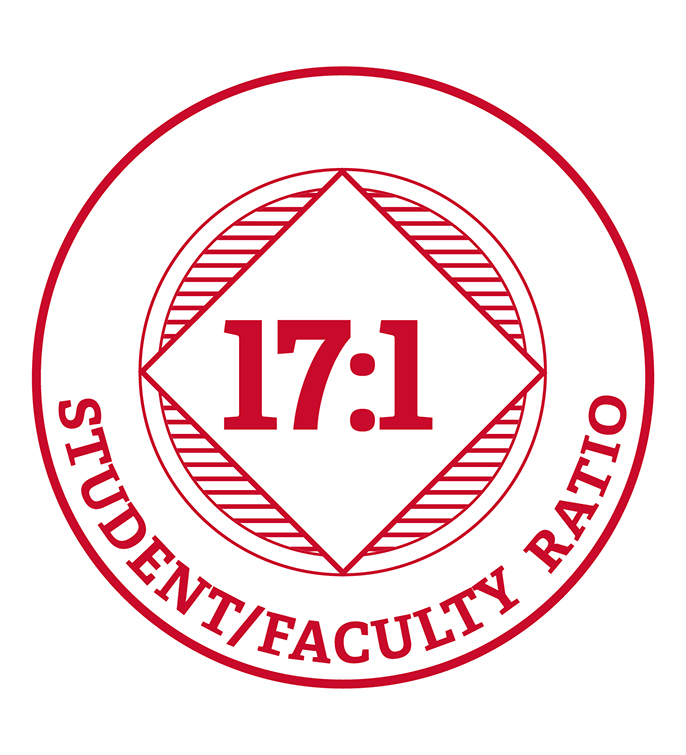Annual Address 2010
David C. Hodge
October 7, 2010
Conclusion
We are at a moment in which the financial, demographic, and competitive landscape of higher education is being permanently reshaped. At the same time, the foundations of scholarship and learning are also undergoing enormous transformation. It is natural at a time of such change and uncertainty to feel a certain level of anxiety. However, we must not let our anxieties deter us from the transformative thinking about our future. Indeed, that anxiety should propel us to think more boldly and creatively than ever. While the Strategic Priorities Task Force Report focuses on budgetary recommendations, its main purpose is not simply to balance our budget. Rather, its main purpose is to create the institutional foundations that will provide the path to higher quality and greater success.
I would like to end my remarks today by noting four themes that I believe are vital to our ability to move forward. First, it is absolutely clear that we must think long term. The decisions we make must be made with an understanding of the context we will face in the future. It takes time to align and implement decisions to move the university forward. Short-term thinking will inevitably lead to mediocrity. Second, we must become even more focused on our core mission. We cannot be all things to all people. We must understand our mission and act with even greater intention to accomplish our goals. My remarks today have been intended to encourage all of us to think more creatively and act more intentionally. Third, the comprehensive nature of the Draft Task Force Report underscores how critical it is to understand the role that every part of the university plays in fulfilling our mission. It is natural for each of us to be focused on our part of the university, but to be truly successful we need to increase our awareness of how the parts come together, increase our ability to collaborate, and increase our ability to leverage resources to accomplish greater outcomes. Finally, given the highly competitive and financially constrained future we face, it is vital that we deepen our commitment to constant improvement. We must have a culture that is relentless in our pursuit of better processes and structures leading to better outcomes.
At the beginning of my remarks I observed that we have a clear choice before us. We can choose to react and follow, or we can choose to anticipate and lead. The future is uncertain, but we must have the confidence to act decisively and purposefully to chart a course that will lead to our future success. Collectively we have the skill, the vision, and the commitment to be the very best. Nothing less is acceptable. That is what Miami has stood for for more than two centuries; that is what will define Miami in its third century.


